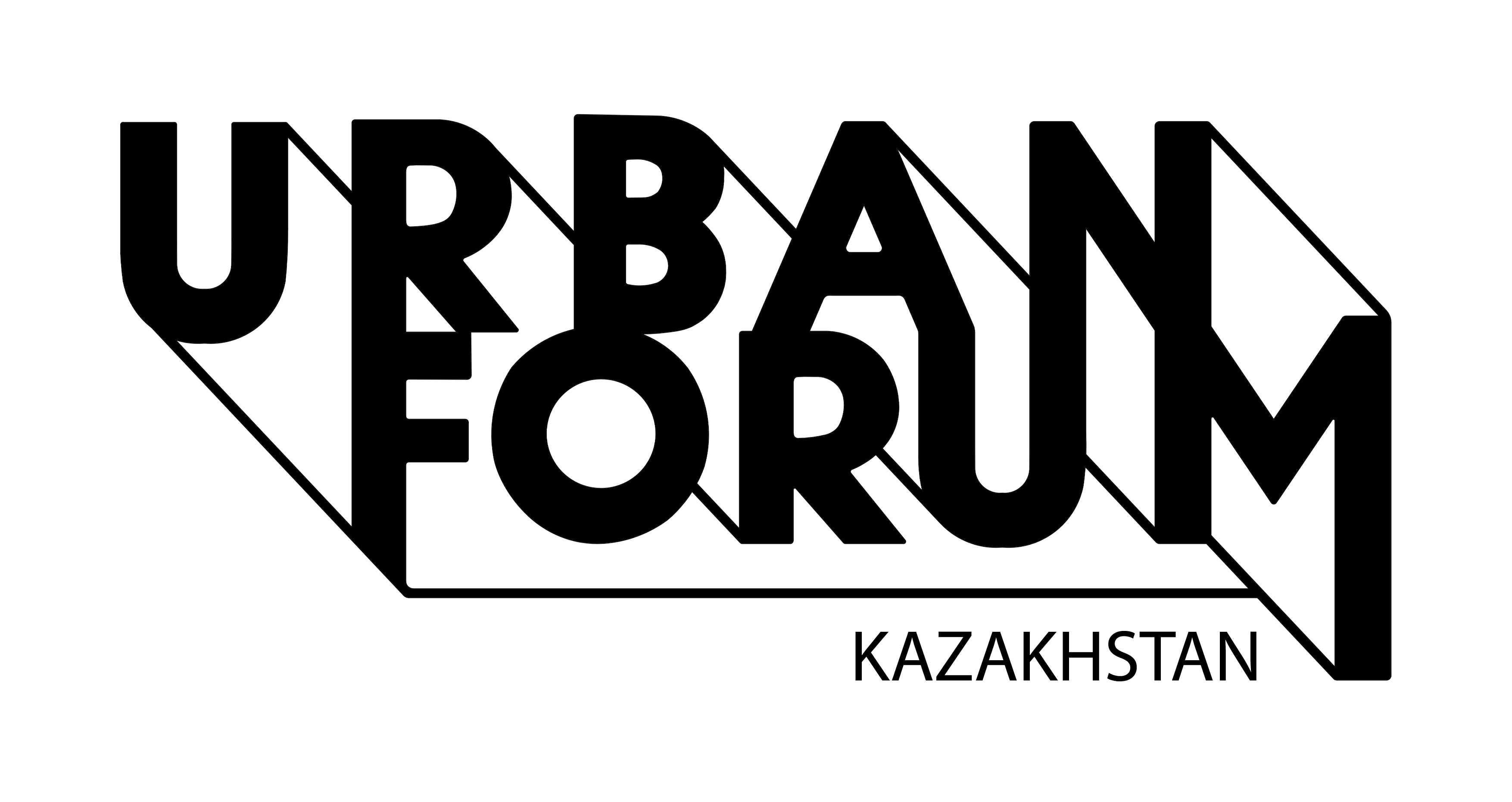Study
Social Identity of Almaty's Off-Center in Residential Districts of Orbita, Tastak, Shanyrak
2016
The study examined the social identity of Almaty's three off-center districts as well as the capacity of their inhabitants for collective action. Locations that differed by demography and degree of infrastructural and socio-economic development were selected for the study.
The study first analyzed the social capital of Almaty's off-center districts. The study results helped to better understand the development capacity of urban polycentricity. The report of March 2017 laid the basis for future work of Urban Forum Almaty.
The study results confirmed the hypothesis that social and human capital could act as a form of economic capital. In Shanyrak, the area with lower living standards, the level of closed social capital is higher, as social connections help people compensate the lack of financial resources. As for open social capital, its level is low in all three districts. This means that solving problems that go beyond a family or a small community, for example, joint improvement of a public space, would be unlikely.
The study first analyzed the social capital of Almaty's off-center districts. The study results helped to better understand the development capacity of urban polycentricity. The report of March 2017 laid the basis for future work of Urban Forum Almaty.
The study results confirmed the hypothesis that social and human capital could act as a form of economic capital. In Shanyrak, the area with lower living standards, the level of closed social capital is higher, as social connections help people compensate the lack of financial resources. As for open social capital, its level is low in all three districts. This means that solving problems that go beyond a family or a small community, for example, joint improvement of a public space, would be unlikely.
Recommendations
District Akimats
Urban development shall start off by meeting people's basic needs in infrastructure, public space, educational and medical institutions in line with Maslow's hierarchy of needs.
The mechanisms of self-administration and public control minimize the burden on state machinery and contribute to the participatory development of the city for the people. Constructive relations between the government and society based on trust shall be created.
Private sector has to be involved in revitalization of off-center areas (SEE TOPIC CONTINUIED IN BUSINESS STUDY).
The policy of Almaty's socio-economic development has to be changed to a qualitative level, as Almaty districts get developed unevenly, thus creating a risk for sustainability of the city as a single system.
Public Private Partnership
Local authorities and business entities should explore the mechanism of public-private partnership in the territorial development. The U.S. experience with Tax Increment Financing (TIF) is a story of success. Within its framework, regional or municipal authorities return to the investors the funds they invested in the infrastructure project implementation, at the expense of budget revenues received from regionwide tax increases. Tax revenues grow thanks to the increased tax base following the project implementation.
Business Entities
Office transfer to off-center areas is the trend of the last decades in the developed countries. The development of digital technology makes this trend relevant for Kazakhstan.
The demand in available infrastructure required for a comfortable living within the walking distance of a residence opens up opportunities for businesses to expand and open new destinations.
Grass-Roots Initiatives, including NGOs and Informal Groups
Inhabitants of residential areas possess enormous potential concealed as closed social capital that can be engaged in the improvement of general living quality. The authors recommend that activists and NGOs focus on the development of human and social capital in off-center areas as a field of work.
Urban development shall start off by meeting people's basic needs in infrastructure, public space, educational and medical institutions in line with Maslow's hierarchy of needs.
The mechanisms of self-administration and public control minimize the burden on state machinery and contribute to the participatory development of the city for the people. Constructive relations between the government and society based on trust shall be created.
Private sector has to be involved in revitalization of off-center areas (SEE TOPIC CONTINUIED IN BUSINESS STUDY).
The policy of Almaty's socio-economic development has to be changed to a qualitative level, as Almaty districts get developed unevenly, thus creating a risk for sustainability of the city as a single system.
Public Private Partnership
Local authorities and business entities should explore the mechanism of public-private partnership in the territorial development. The U.S. experience with Tax Increment Financing (TIF) is a story of success. Within its framework, regional or municipal authorities return to the investors the funds they invested in the infrastructure project implementation, at the expense of budget revenues received from regionwide tax increases. Tax revenues grow thanks to the increased tax base following the project implementation.
Business Entities
Office transfer to off-center areas is the trend of the last decades in the developed countries. The development of digital technology makes this trend relevant for Kazakhstan.
The demand in available infrastructure required for a comfortable living within the walking distance of a residence opens up opportunities for businesses to expand and open new destinations.
Grass-Roots Initiatives, including NGOs and Informal Groups
Inhabitants of residential areas possess enormous potential concealed as closed social capital that can be engaged in the improvement of general living quality. The authors recommend that activists and NGOs focus on the development of human and social capital in off-center areas as a field of work.


